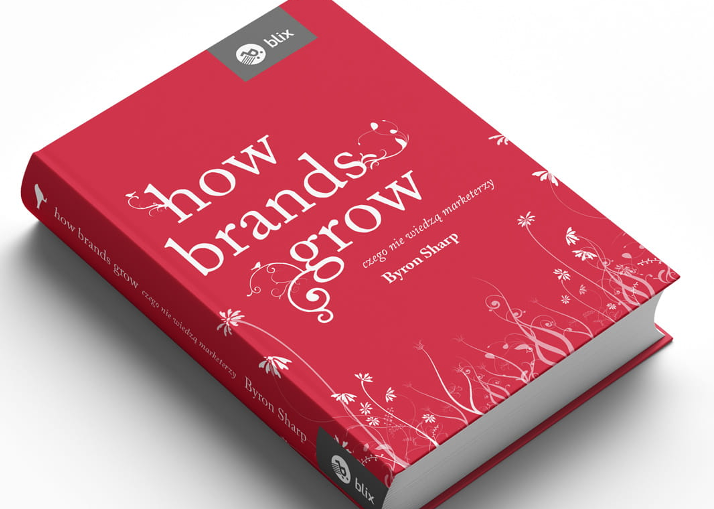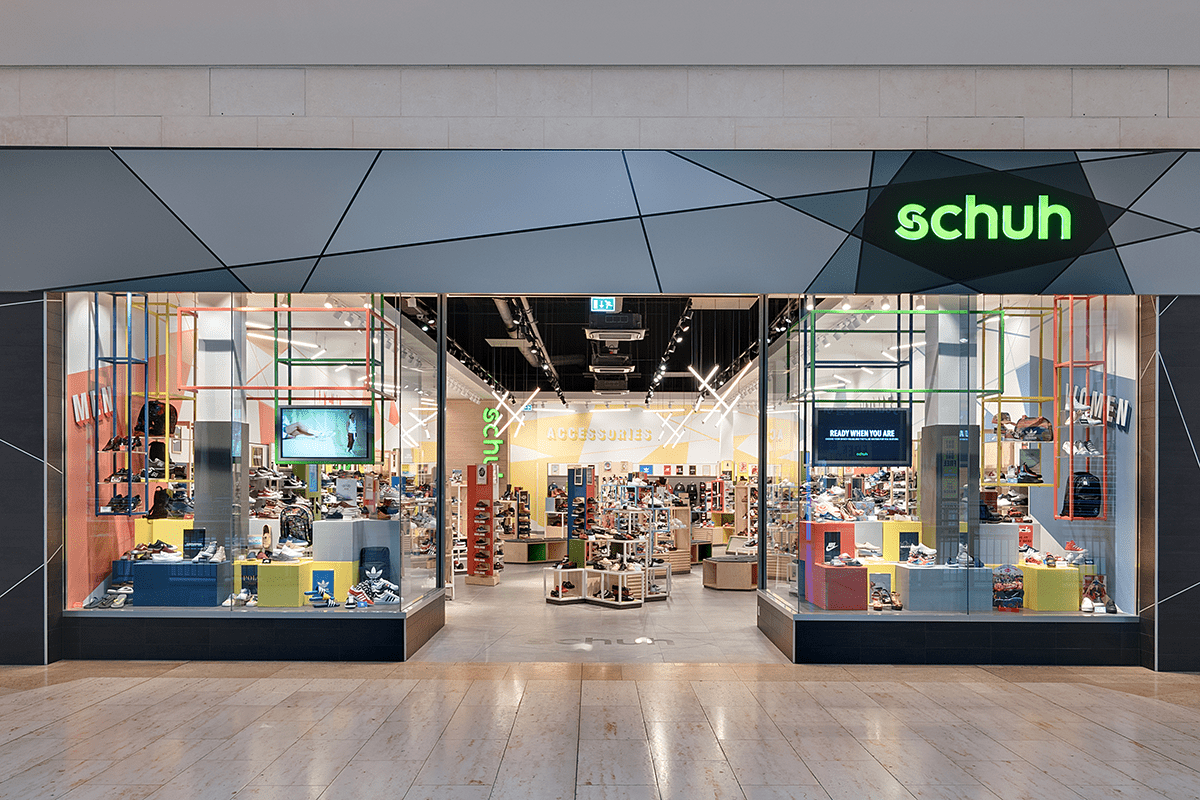Ted Baker today shows more than half of its sales took place online as footfall fell and stores closed against the Covid-19 pandemic. Some 57% of sales in its latest financial year were via ecommerce – up from 27% a year earlier. Today it reports falling sales and widening losses in a year that reshaped its business.
The retailer, ranked Top50 in RXUK Top500 research, talked to its customers on social media and prioritised digital investment as it focused on the strength of its brand while its stores closed during pandemic lockdowns. Even when stores were open, footfall was still lower than normal – although store performances improved in the second half of the year and ahead of Christmas, as restrictions eased. The business cut costs and restructured its business in the first year of a three-year transformation plan, launched last June – and decided that some stores were no longer viable in the light of changing customer behaviour and lower footfall.
During the year, Ted Baker closed four stores, spent £3.7m on redundancy costs and £5.3m on restructuring costs. It says the foundations of its business have now been fixed – and that it will now focus on growth. It warns that any further lockdowns could mean more redundancies and store closures longer-term, while adapting to Brexit is likely to cost it another £5m in its current financial year. In May, it restructured its French business, closing three of its four stores and outlets as it moves to working through concessions and partner-operated stores, at a cost of £2.2m. The retailer introduced a Made in Britain capsule collection, while new global creative director, Anthony Cuthbertson, joined the business in November 2020.
The update came as Ted Baker today reported revenues of £353m in the 53 weeks to January 30. That’s down by 44.2% on the £630.5m it reported the previous year. Retail sales, including ecommerce, fell by 42.2% to £254.3m, although ecommerce sales alone grew by 22% to £144.9m – and sales via its own website grew by 30.2%. During the year 57% of sales took place online – up from 27% a year before. This digital growth, says Ted Baker, is supported by continued digital investment and improvements to the customer experience.
Pre-tax profits came in at a loss of £107.7m, 38.8% more than the loss of £77.6m reported the previous year.
In the first quarter of its current financial year, the 12 weeks to April 24, Ted Baker says that group revenue fell by 19.9% on the previous year, as a result of then ongoing Covid restrictions and lockdowns, with online sales up by 25.9% compared to the first quarter of the previous year. At the same time, store sales were 73.1% down on last time.
Rachel Osborne, Ted Baker chief executive, says: “We are making good progress against our strategic transformation plan and Ted Baker is increasingly well placed to take advantage of the significant growth opportunities ahead of us. The Ted Baker brand has strengthened further, with the number of active customers growing to 1.2m by the end of the year.
“While the impact of Covid-19 is clear in our results and has amplified some of the legacy issues impacting the business, Ted Baker has responded proactively and is in a much stronger place than it was a year ago. During the period, we delivered robust cashflow generation, fixed our balance sheet, refreshed our senior leadership team and today we are upgrading our financial targets for the second time since outlining our new strategy last summer.
“Additionally, we have made good progress with our sustainability strategy, Fashioning a Better Future, including the mapping of all of our factory partners within our supply chain and significantly increasing our usage of cotton from sustainable sources to 69%.
“We are a year into Ted Baker’s transformation plan and continue to believe that we have the right strategy and team in place to set the business up for a stronger, more sustainable future.
Multichannel strategy
During the year, Ted Baker has invested in improving its digital experience and says that significant improvements include an upgrade of its payment options, which now include Apple Pay, Google Pay and Klarna as well as local payment options. It used Hero technology to introduce virtual appointments with in-store staff, while also introducing live chat and live commerce. A new VIP programme, DevoTED, is now in place, and Ted Baker now has 1.2m active digital customers.
Ted Baker says its 521 stores and concessions – including 182 in the UK – play an important role in its omnichannel business model, working alongside its digital business by “supporting brand awareness and showcasing our products”. During the year the retailer has negotiated £8m in rent savings, while also benefitting from £27.8m in turnover-related rent savings. It also closed four shops and transferred 14 in China and Hong Kong to joint ventures – following a year of 6% growth – and four in Japan to a license partner.
Looking ahead, Ted Baker now plans a full ecommerce replatform launch and to open 10 new shops in strategic markets. It is moving away from promotions and towards full-price sales, while targeting the use of sustainable cotton in at least 75% of its clothing.
Brexit
In its current financial year, Ted Baker expects Brexit to cost it about £5m. The retailer said its “significant” preparations for the end of the Brexit transition period on January 1 2021 included administrative and legal changes to its operations.
It says: “To date, the main operational impacts have been the flow of goods into the UK through the ports, and from the UK to stores and customers in Europe. We have set up a customs warehouse in the UK, which became operational in April 2021 and has partially mitigated the impact of higher duties, but there remain a number of other areas outstanding, including rules of origin and reclamation of input VAT. We expect that a full year impact of Brexit on profits will be c.£5m, and anticipate, only to a limited extent, mitigating the extra cost of duties through the reflowing of inventory for our EU stores.”









